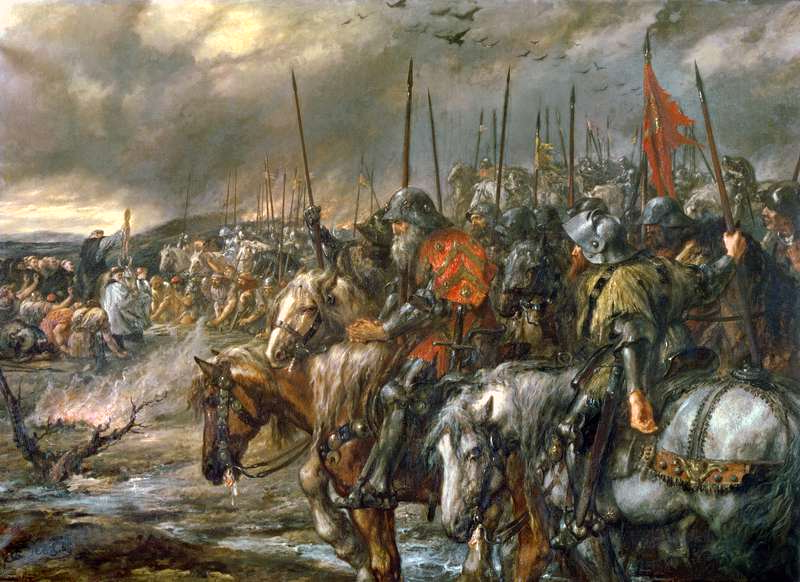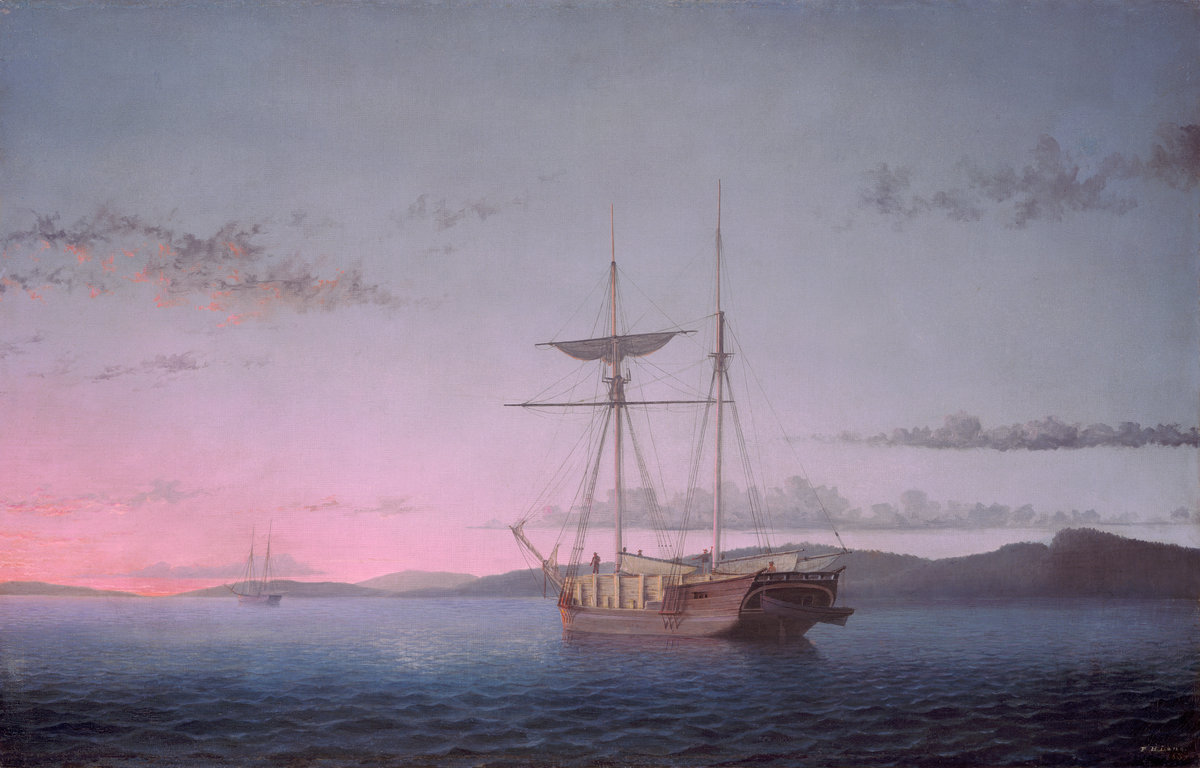By Sarah Bakhtiari

What’s on the table in the Iranian nuclear agreement—errr, in the joint comprehensive plan of action? There are still a number of hurdles to surmount, but some are impressed by its provisions. Others are not.
Kenneth Pollack argues that the only good reason for the United States to intervene in Yemen is to restrain its allies, preventing them from exacerbating Yemen’s civil war and from potentially undermining their own domestic stability as well. On the other hand, Saudi Arabia’s prosecution of the Houthis may reflect a comeback for the Saudis in regional politics, especially within the Gulf. Regardless, the Obama administration’s admitted intent stops at preventing Yemen from being an extremist refuge.
Should the United States care about failed states? Francis Fukuyama says no; it’s not the state but the political and security externalities that cause concern.
With insufficient land, overpopulation, and inconsistent dispute-resolution mechanisms in Burundi, land policy is divisive and destabilizing, leading to interethnic and intrafamily violence over land. Some fear the land issue may be a tipping point for Burundi’s broader political tensions–especially considering President Nkurunziza’s suspension of the land commission in the lead up to national elections in May and June of this year.
Putin’s reinvestment in the Russian 2020 Rearmament program may make a nuclear test a most likely option, reflecting a demonstration of power and masking a dangerous ignorance of nuclear deterrence. Military displays—like the May 9 ‘reveal’ of the first 3rd generation main battle tank in the world—may buoy Putin in the face of his country’s economic woes. Flexing muscle may also be a means of compensating for failed outcomes resultant from Russia’s excessive restraint, at least in cyber and energy power.
Is the presence of South African mercenary fighters in Nigeria internationalizing the conflict—and legitimizing illegal paramilitary activity? Or is their use by the Nigerian army a clever move, instead? The Early Warning Project’s experts identify Nigeria as among the top fifteen countries at risk of mass killing.
South Sudan struggles to find a state—a state other than war.
The power of stories in Syria reveals both tremendous resilience and suffering, and exploits the dissonance between inner and outer life.
Illegal sand mining—yes, sand—presents not only huge environmental issues for states, but also lethal violence and intimidation at the hands of sand mafias. India’s Naxalite insurgency also revolves around resources, and pits industrial development against poor farmers.
Where might one find strongman governance, caudillo-style, in the United States? Try Texas.
Does Egypt’s revolution reflect the power of organizational and behavior routines that can be rapidly and effectively deployed in revolutionary contexts, protecting and reproducing entrenched positions?
Finally, roads are considered central to economic development, but what of their impact on the environment? The recent finding that 70% of the remaining global forest is within one kilometer of a road bodes ill for the future of biodiversity.








1 comment
One stop source of weekly info.. Just what I was looking for.